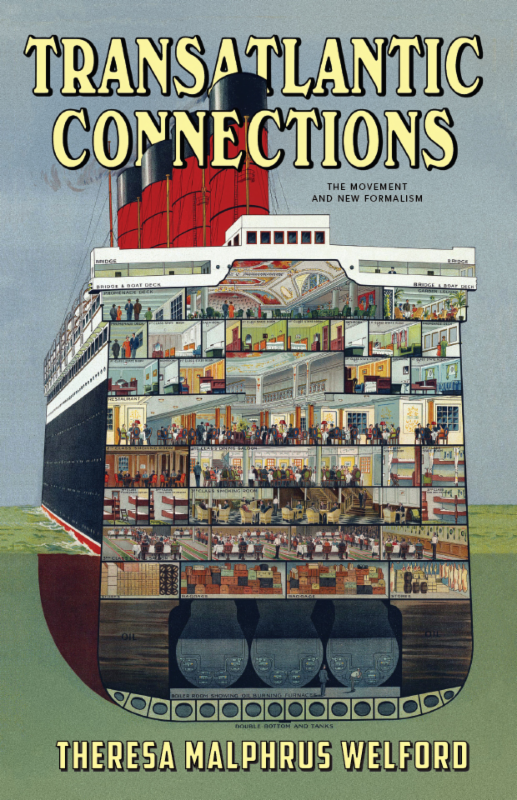
Transatlantic Connections
Transatlantic Connections
THE MOVEMENT AND NEW FORMALISM

THERESA MALPHRUS WELFORD
 Story Line Press | Pasadena, CA
Story Line Press | Pasadena, CA
Transatlantic Connections: The Movement and New Formalism
Copyright 2019 by Theresa Malphrus Welford
All Rights Reserved
No part of this book may be used or reproduced in any manner whatsoever without the prior written permission of both the publisher and the copyright owner.
Book design by Mark E. Cull
Library of Congress Cataloging-in-Publication Data
Names: Welford, Theresa M., author.
Title: Transatlantic connections : the Movement and New Formalism / Theresa Malphrus Welford.
Description: First edition. | Pasadena : Story Line Press, 2019. | Includes bibliographical references and index.
Identifiers: LCCN 2019019298 (print) | LCCN 2019019561 (ebook) |
ISBN 9781586540548 (print) | ISBN 9781586540555 (ebook)
Subjects: LCSH: Movement, The (English poetry) | English poetry20th centuryHistory and criticism. | New Formalism (American poetry)History and criticism. | Narrative poetry, AmericanHistory and criticism.
Classification: LCC PR605.M68 (ebook) | LCC PR605.M68 W35 2019 (print) |
DDC 821/.91409dc23
LC record available at https://lccn.loc.gov/2019019298
The National Endowment for the Arts, the Los Angeles County Arts Commission, the Ahmanson Foundation, the Dwight Stuart Youth Fund, the Max Factor Family Foundation, the Pasadena Tournament of Roses Foundation, the Pasadena Arts & Culture Commission and the City of Pasadena Cultural Affairs Division, the City of Los Angeles Department of Cultural Affairs, the Audrey & Sydney Irmas Charitable Foundation, the Kinder Morgan Foundation, the Meta & George Rosenberg Foundation, the Allergan Foundation, and the Riordan Foundation partially support Red Hen Press.

First Edition
Published by Story Line Press
an imprint of Red Hen Press
www.redhen.org
Contents
1 ]Bridging the Atlantic: The Movement and New Formalism
2 ]Choosing Sides: The Poetry Wars in the United States
3 ]Personal and Textual Connections
4 ]Verse Craftsmanship, Plain Language, and New Austerity
5 ]Poetry
6 ]Concluding Remarks
Works Cited
Other Works Consulted or Named
Endnotes
CHAPTER 1
Bridging the Atlantic
THE MOVEMENT AND NEW FORMALISM
We owe a great debt to poets like Richard Wilbur, Anthony Hecht, X. J. Kennedy, Thom Gunn (to name a fewadd J. V. Cunningham and Philip Larkin to the list...), who held the fort, so to speak, during the siege.
Leslie Monsour
Many American poets have probably never heard of a short-lived literary group of the 1950s called, simply, the Movement, though they may be familiar with individual members of the group: Kingsley Amis, Robert Conquest, Donald Davie, D. J. Enright, Thom Gunn, Elizabeth Jennings, Philip Larkin, and John Wain. The New Formalists, often at variance with their American peers, gravitated to several of these English elders during their own poetic development twenty years later.
As I shall outline in this study, the New Formalistsincluding Dick Allen, Dick Davis, Annie Finch, John Gery, Dana Gioia, R. S. Gwynn, Marilyn Hacker, Mark Jarman, Paul Lake, Charles Martin, David Mason, Robert McDowell, Leslie Monsour, Marilyn Nelson, Molly Peacock, Katha Pollitt, Vikram Seth, Robert B. Shaw, Maura Stanton, Timothy Steele, Diane Thiel, and Rachel Wetzsteonhave been inspired by Movement poets, have learned from their craft, and have responded to their poems and philosophy in a variety of ways.
If critic Blake Morrisons assessment is correct that the Movement poets were probably the most influential in England since the Imagists, it is not surprising that they have had an impact extending over the decades and even across the Atlantic. For the New Formalists, their admiration for the Movement writers was more than a passing fancy; indeed, it grounded much of their early and their mature poetry.
After describing the formation of the two groups, I shall examine the personal and textual connections between the New Formalists and Movement writers. In some instances, the American poets freely acknowledge this influence in their correspondence, criticism, interviews, and poems. In other cases, the connecting link is unacknowledged or even denied.
Beginning in the late 1970s, a handful of critics have hinted at the possible influence of the Movement writers on the New Formalists. Keith Tuma, author of Fishing by Obstinate Isles: Modern and Postmodern British Poetry and American Readers, noted in a 2003 email that the main connections between the so-called New Formalists and the Movement... would come via Donald Davie and, behind Davie, Yvor Winters.
Other than these few examples, the Movement writers are rarely credited with having caused much of a ripple in the United States. Yet, as I shall demonstrate, the poetics and poetry of this group have had a major impact on many American writers associated with New Formalism.
After interviewing more than a dozen New Formalists about their reactions to the Movement writers, I noticed a clear pattern: they first encountered the work of the elder English writers at important moments in their own literary development, usually as undergraduates or young graduate students.
As an undergraduate at Brown University in the late 1950s, Dick Allen encountered the work of Thom Gunn in New Poets of England and America. He says that Gunn has been a long-term influence on his own work, from formal poetry to free verse. From his very first reading of Gunns poems about motorcyclists, he found them inspiring because of how wonderfully they combined the contemporary with narrative and rhyming form. Larkins Church Going, in the same anthology, struck him as a major poem and Larkin himself as an obvious master because of his combination of form and important subject matter.
In 1964, Charles Martin first read poetry by Gunn, Larkin, and Davie, also in New Poets of England and America. Martin says, Larkin made an immediate impression on me, and I shortly thereafter read his Whitsun Weddings, which was the only book of his that I could find back then. Martin goes on to say, Davie and Gunn did not make as much of an impression on me at the time, but he later read Gunns book Moly and saw the poems in that book (along with those in Anthony Hechts The Hard Hours) as perfectly contemporary in language and subjects. He read Davies early poetry around the same time. Although he found Davies poetic development odd and finally rather disappointing, he continues to respect Davies criticism. For Martin, Larkin is the best of them, an indisputably great poet in an indisputably minor way. At the same time, he says, Gunn is my favorite of the three, and his elegy for Robert Duncan seems to me as great a poem in its way as Audens elegy for Yeats. He points out that he didnt read New Lines until a few years ago but when he did, he recognized that the Movements principles were similar to those of the New Formalists. He suspects that some New Formalist critics had read the Movement anthology and were influenced by it.
Next page
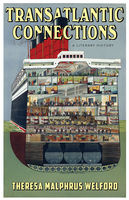

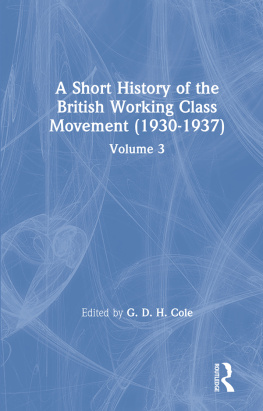
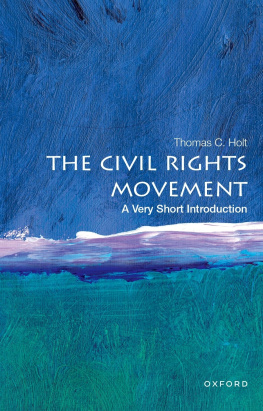
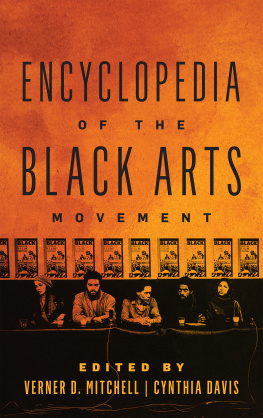
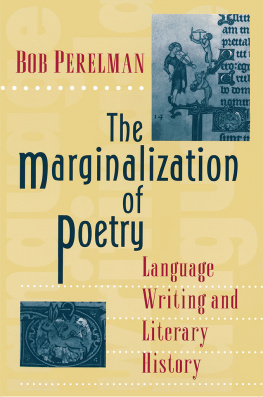
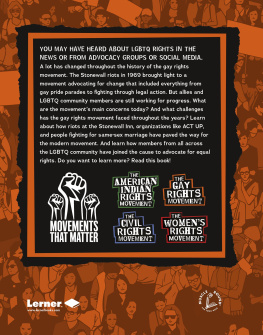
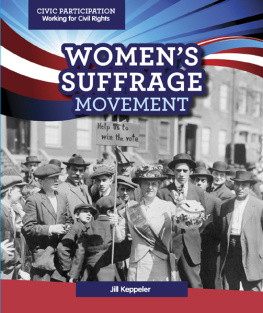
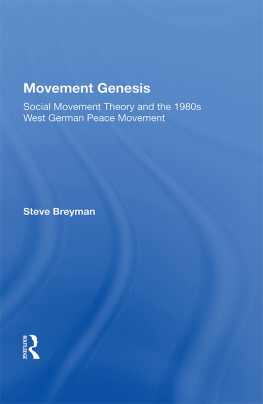
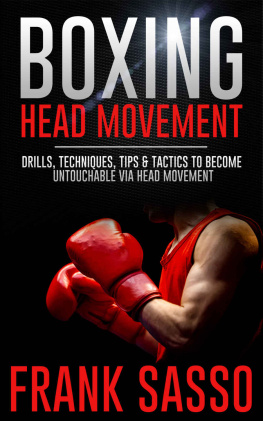
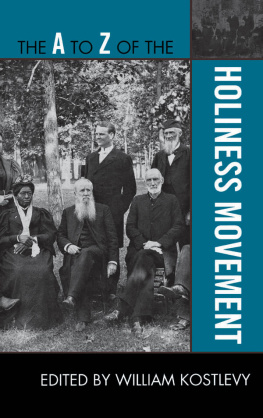


 Story Line Press | Pasadena, CA
Story Line Press | Pasadena, CA